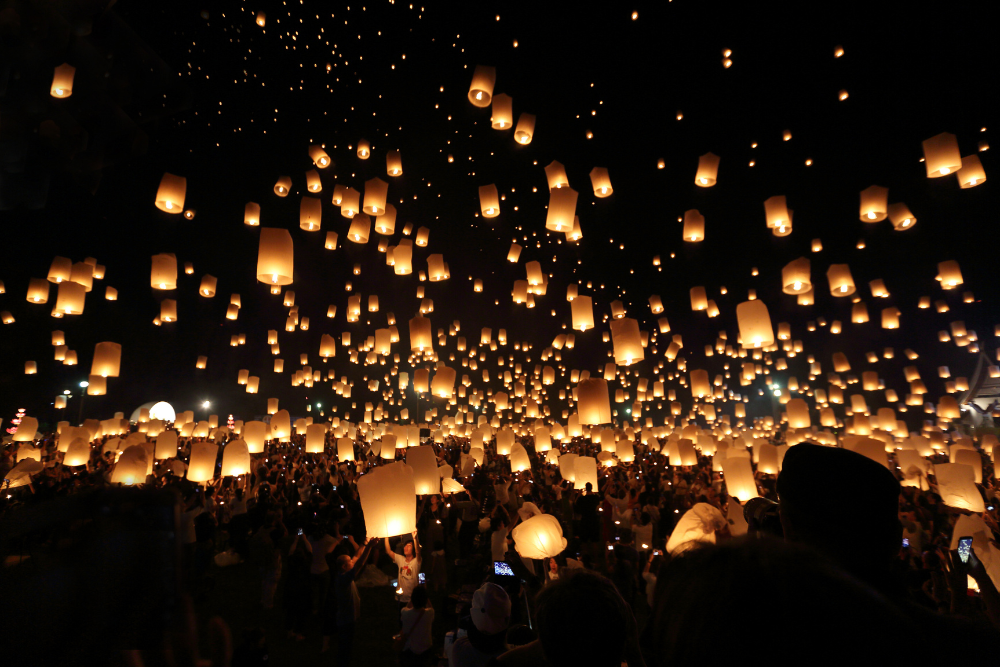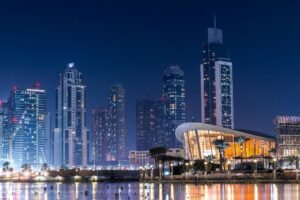Malaysia is a vibrant tapestry of cultures, with an array of festivals that showcase its rich heritage and diversity. From colorful parades to solemn rituals, each celebration offers a unique glimpse into the country’s traditions and communal spirit. This traveler’s guide explores some of the most significant cultural festivals in Malaysia, providing insights for those eager to immerse themselves in the local experience.
1. Hari Raya Aidilfitri
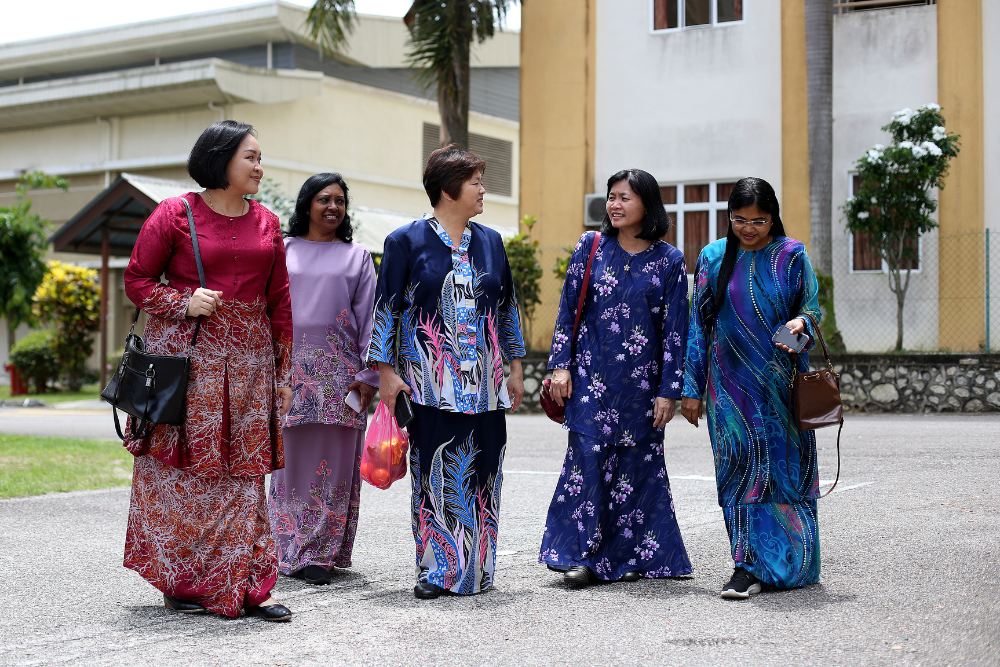
When: Varies (depending on the lunar calendar)
Hari Raya Aidilfitri, also known as Eid al-Fitr, marks the end of Ramadan, the holy month of fasting for Muslims. It is one of the most significant festivals in Malaysia, celebrated with great enthusiasm.
What to Expect:
- Family Gatherings: This festival is a time for family reunions. Malaysians travel home to celebrate with loved ones.
- Delicious Food: Festive dishes such as ketupat (rice cakes), rendang (spicy meat dish), and various sweet treats are prepared. The open houses, where families invite friends and neighbors to enjoy food together, are a highlight.
- Traditional Attire: People dress in their finest traditional attire, often in matching outfits.
Tips for Travelers:
- Join Open Houses: Experience authentic Malay hospitality by attending open houses.
- Explore Local Markets: Visit Ramadan bazaars during the fasting month to sample festive foods.
2. Chinese New Year
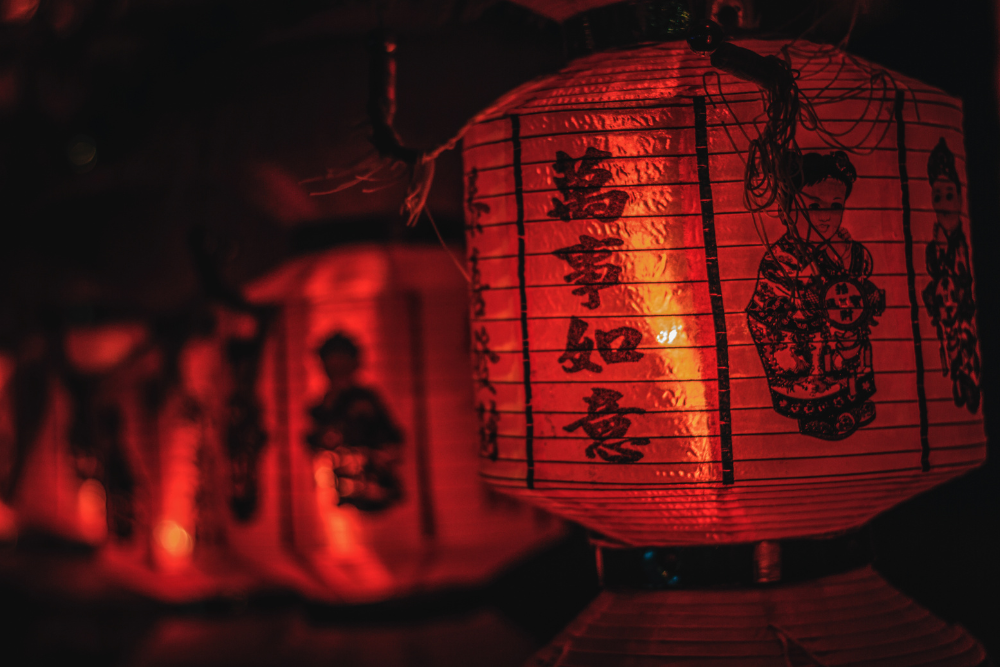
When: Varies (January or February)
Chinese New Year is celebrated by the Chinese community in Malaysia and is one of the most vibrant festivals in the country. It symbolizes the start of the lunar new year and is steeped in traditions.
What to Expect:
- Lion Dances: Watch exhilarating lion and dragon dances in public spaces, believed to bring good luck and prosperity.
- Red Envelopes: The tradition of giving ‘ang pow’ (red packets) filled with money is practiced, especially among families and children.
- Festive Decorations: Streets and homes are adorned with red lanterns and decorations symbolizing wealth and happiness.
Tips for Travelers:
- Visit Chinatown: Experience the lively atmosphere in Kuala Lumpur’s Chinatown during the celebrations.
- Participate in Activities: Look for public celebrations, including street markets and cultural performances.
3. Deepavali (Diwali)
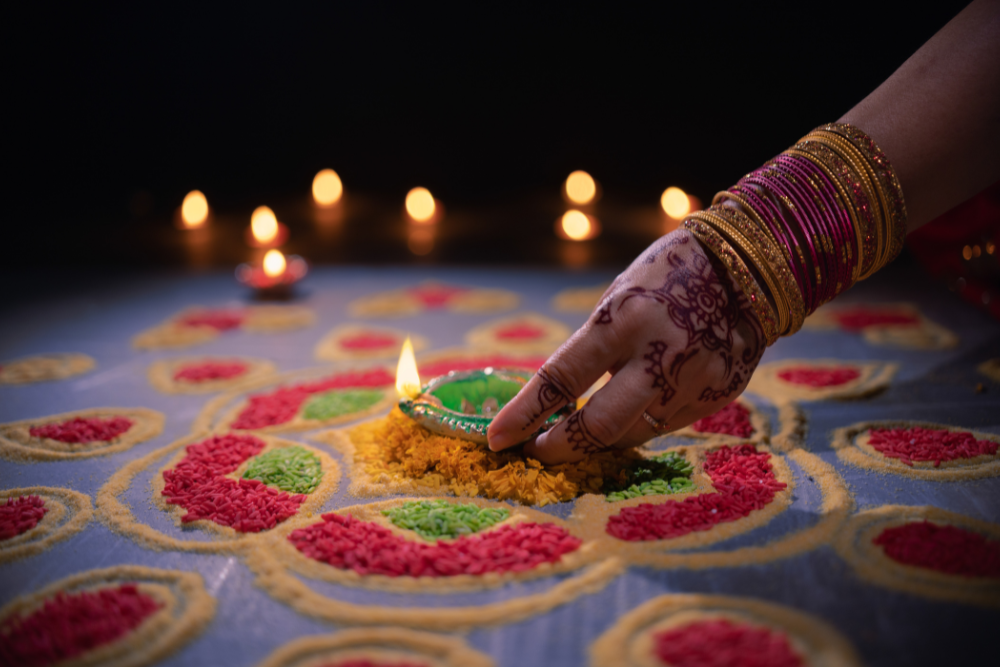
When: Varies (October or November)
Deepavali, the Festival of Lights, is celebrated by the Hindu community in Malaysia. This festival symbolizes the victory of light over darkness and good over evil.
What to Expect:
- Colorful Rangoli: Homes and public spaces are adorned with beautiful rangoli designs made from colored powders.
- Cultural Performances: Expect vibrant cultural displays, including traditional dance and music.
- Delicious Sweets: Savor traditional Indian sweets like jalebi and laddu during the festivities.
Tips for Travelers:
- Explore Little India: Visit neighborhoods like Brickfields in Kuala Lumpur for authentic experiences and delicious food.
- Attend Community Events: Join in local celebrations, which often feature cultural exhibitions and performances.
4. Thaipusam
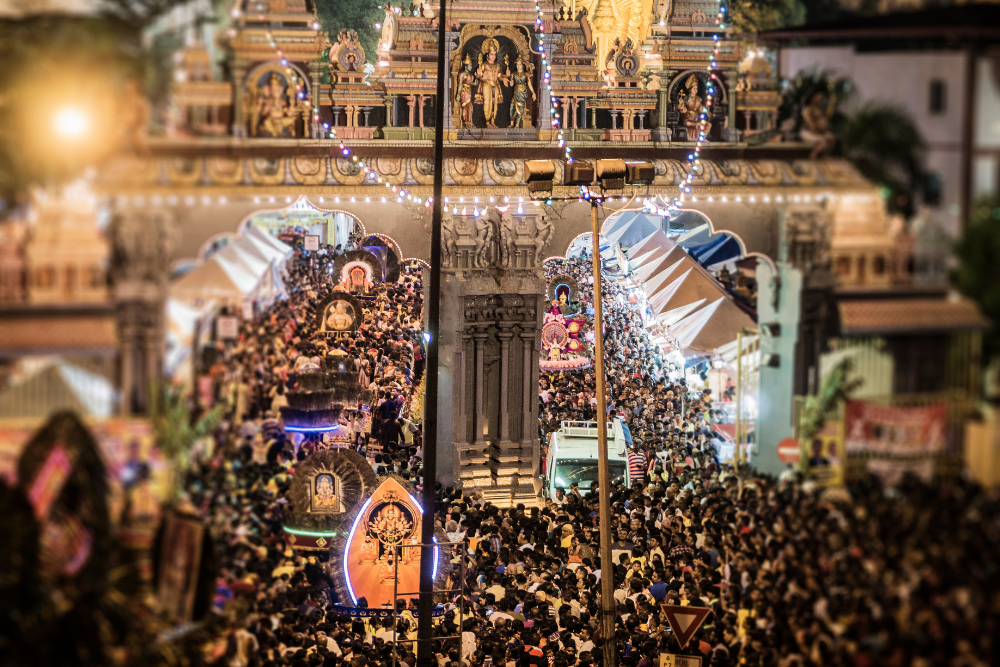
When: Varies (January or February)
Thaipusam is a significant Hindu festival dedicated to Lord Murugan, celebrated with grandeur in Malaysia, especially in Batu Caves.
What to Expect:
- Pilgrimage: Thousands of devotees undertake a pilgrimage to Batu Caves, carrying kavadis (ornate structures) as an act of devotion.
- Vibrant Processions: The festival features colorful processions filled with music and dance.
- Cultural Significance: Witness the unique rituals, including body piercings and offerings made to the deity.
Tips for Travelers:
- Plan for Crowds: If you visit Batu Caves during Thaipusam, expect large crowds and plan your travel accordingly.
- Dress Appropriately: Respect the local customs by dressing modestly and observing the rituals with reverence.
5. Gawai Dayak
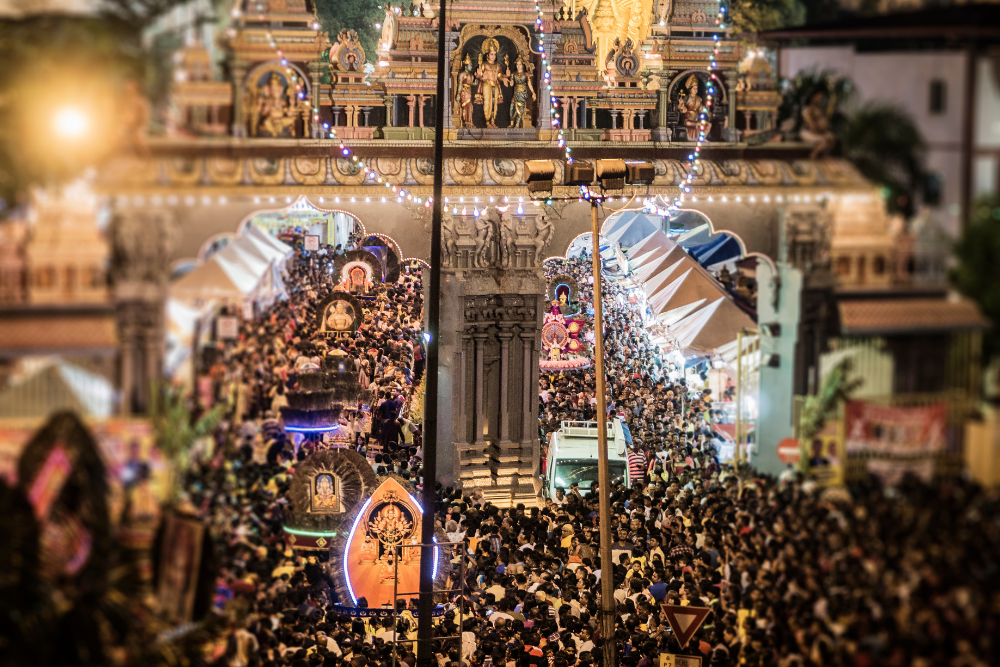
When: June 1st
Gawai Dayak is celebrated by the Dayak people of Sarawak and marks the end of the harvest season. It is a vibrant festival filled with cultural performances, traditional food, and community gatherings.
What to Expect:
- Traditional Rituals: Participate in rituals to thank the spirits for a bountiful harvest.
- Cultural Showcases: Enjoy traditional music, dance, and the showcasing of Dayak crafts.
- Local Cuisine: Indulge in traditional Dayak dishes such as tuak (rice wine) and various rice-based meals.
Tips for Travelers:
- Engage with Locals: Seek opportunities to participate in local celebrations to gain deeper cultural insights.
- Explore Longhouses: If possible, visit Dayak longhouses to experience authentic hospitality and lifestyle.
6. Hari Gawai
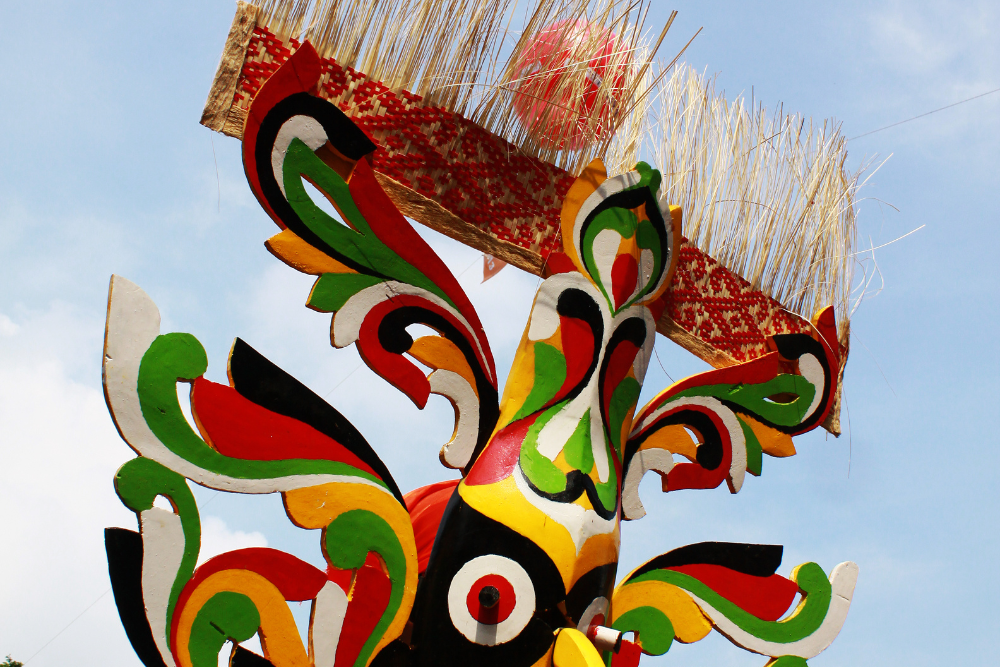
When: June 1st
Hari Gawai is celebrated primarily by the Iban and Bidayuh communities in Sarawak. This festival is a time for feasting, celebrating, and honoring the spirits.
What to Expect:
- Traditional Dances: Enjoy performances of traditional dances like the Ngajat.
- Culinary Delights: Feast on traditional foods, including lemang (bamboo rice) and various meat dishes.
- Cultural Exchange: Engage with the local communities for a firsthand experience of their customs.
Tips for Travelers:
- Visit Rural Areas: To experience the essence of Hari Gawai, travel to rural areas where the festivities are vibrant and communal.
- Participate in Activities: Engage in cultural activities and try your hand at traditional crafts.
7. Pesta Kaamatan
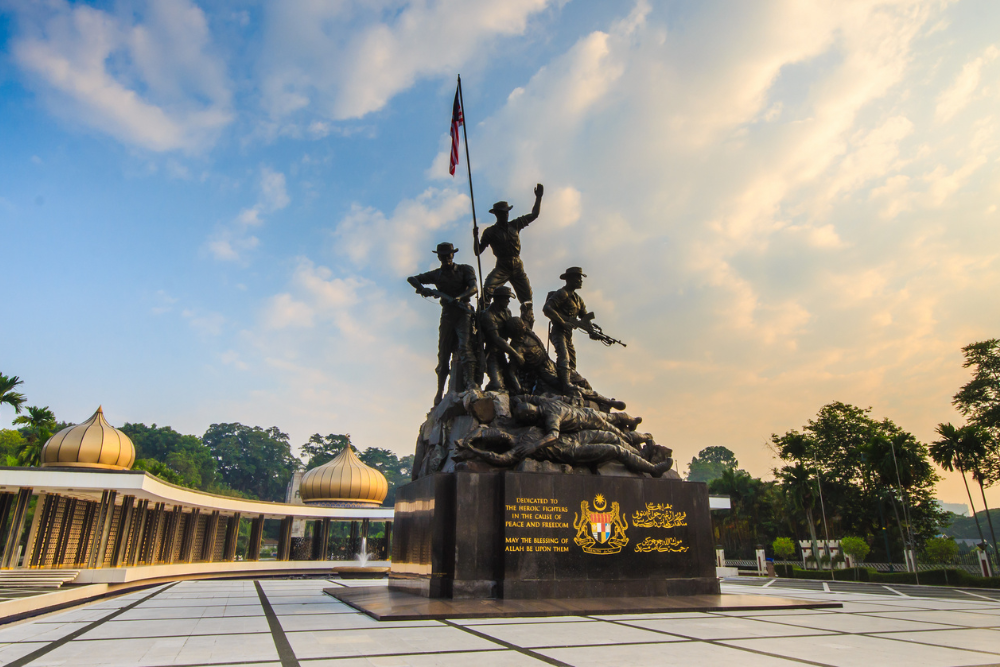
When: May 30th to 31st
Pesta Kaamatan, or the Harvest Festival, is celebrated by the Kadazan-Dusun community in Sabah. This festival is a time to give thanks for the rice harvest and is marked by vibrant celebrations.
What to Expect:
- Traditional Games: Participate in local games and contests, such as tug-of-war and traditional sports.
- Cultural Performances: Experience traditional music and dance performances, showcasing the rich heritage of the Kadazan-Dusun people.
- Food Festivities: Savor local delicacies, including rice wine (tapai) and various rice dishes.
Tips for Travelers:
- Visit Penampang: The heart of Pesta Kaamatan celebrations, Penampang, offers the best experience.
- Engage with Locals: Take part in community events to learn about their customs and traditions.
Conclusion
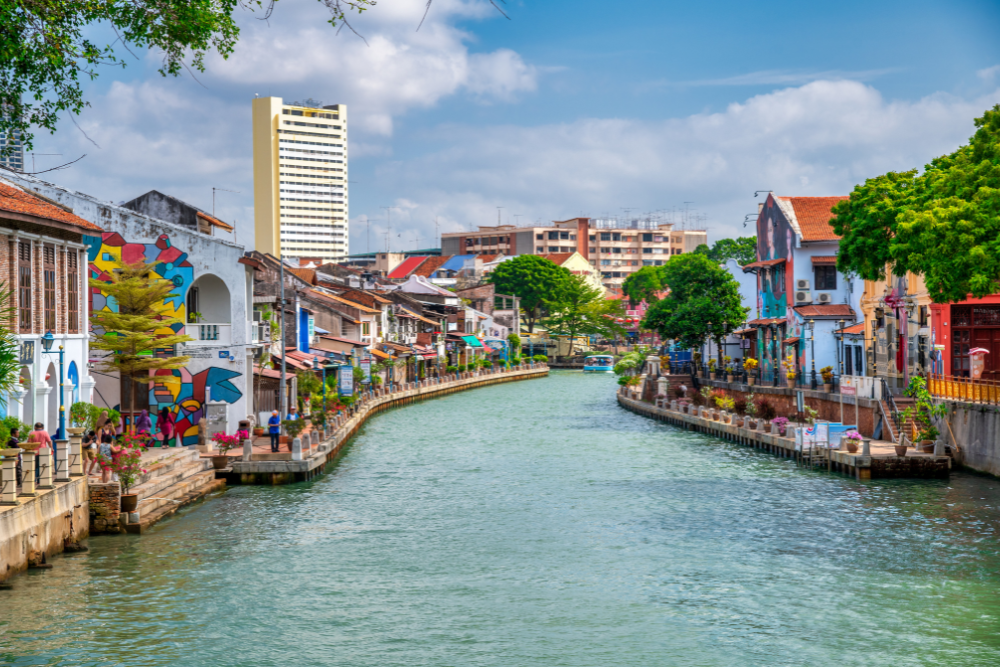
Malaysia’s cultural festivals provide a rich tapestry of experiences, offering travelers a unique insight into the country’s diverse heritage. From the joyous celebrations of Hari Raya and Chinese New Year to the spiritual observances of Thaipusam and Deepavali, each festival reflects the country’s multicultural essence.
As you plan your travels, consider timing your visit to coincide with these vibrant celebrations. Engage with local communities, participate in traditional activities, and savor the delectable cuisine that each festival brings. By doing so, you’ll not only create lasting memories but also foster a deeper appreciation for Malaysia’s cultural diversity.



